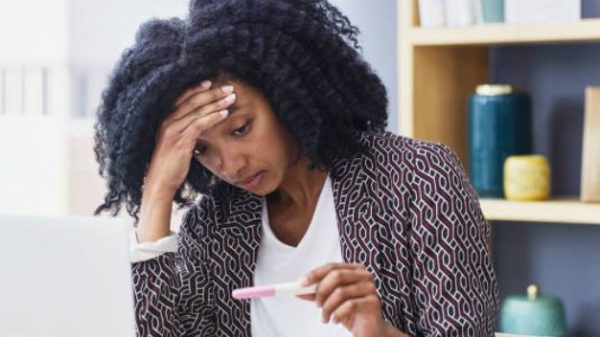
During pregnancy, your uterus alone has to expand nearly 500 times its size in 9 months and then go back to its original dimensions.
It’s not as if the brain is spared either, as many women even report memory impairment and confusion during pregnancy.
But even so, many of us willingly go through it a second or even a third time. But remember, each pregnancy is different — the second one even more so.
We’ve collated some important points on how your second pregnancy may differ from your first. Keep in mind, each pregnancy is a special journey.
1. Second pregnancies can tire you out more
Remember your first pregnancy and how energetic you felt? This was a special time in your life and you got plenty of pampering from your partner, friends, and family. But in your second pregnancy, you already have the responsibility of caring for your first child, and this means you may not get as much time for yourself as you did before.
Plus, your body is being flooded with a hormone called progesterone, which is readying your body for all the physical changes of birth and delivery.
2. The delivery may take a different route
On the flip side, if you had a C-section the first time around, chances of a VBAC, as in “vaginal birth after cesarean,” are pretty low. However, it differs from case to case.
3. You’ll feel the baby’s movements much earlier
The baby’s first movements are called quickening and, usually, in first-time pregnancies, you can feel them between the sixteenth and the twenty-fifth week for the first time. In the second pregnancy, you can feel the baby’s movements as early as 13 weeks, more because you already know what they feel like.
4. The bump may be visible and bigger sooner
For many women pregnant for the first time, baby bumps often appear in the second trimester, and you don’t typically show for the first 3 months at all. But during a second pregnancy or any after that, the bump shows up earlier.
Experts say it’s because the abdominal muscles have stretched a bit and they may not have returned to their original size.
5. Morning sickness could either be absent or a lot stronger
You can never tell with morning sickness, and things during your second pregnancy may not be the same as they were for your first.
For some women, the dreaded morning sickness never arrives. For others, it’s way worse than the first time around.
6. Breast tenderness may be reduced or absent
First pregnancies usually come with so much breast tenderness, bras become a mortal foe. But for many women, second pregnancies bring no such extreme sensitivity in their breasts. And the size of the breasts doesn’t increase all that much the second time around.
7. Fewer food aversions may make it easier
You may also find that in your second pregnancy, your food cravings or aversions are not as pronounced as they were during the first time. On the flip side, you may experience a whole new set of food aversions or cravings.
8. Post-partum contractions could be more intense and painful
Once you have delivered your baby, the uterus has to work hard to go back to its original size. And as it contracts, you get post-partum contractions or after pains. You may have felt a mild version of these similar to menstrual cramps after the birth of your first.
But these get more severe in second pregnancies and any after that. In fact, you may feel them the most while you breastfeed. Studies point out that in severe cases with multiple births, pain management may become necessary to ensure healthy breastfeeding.




